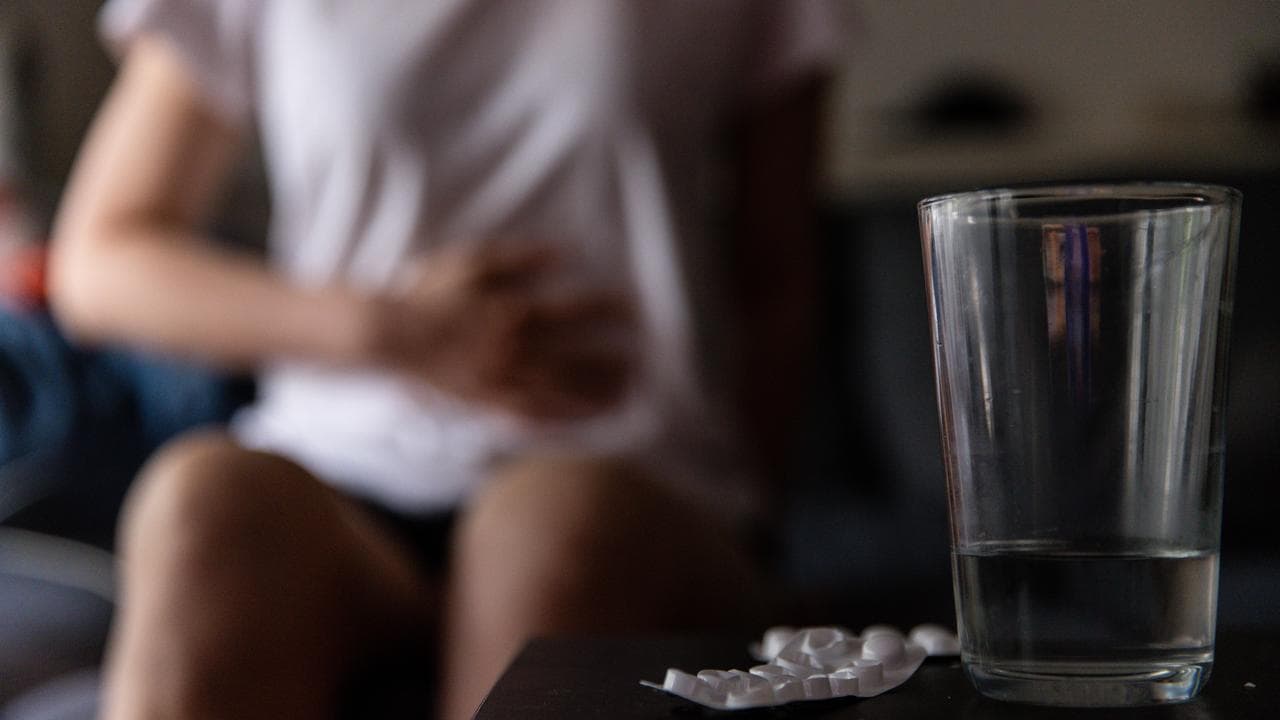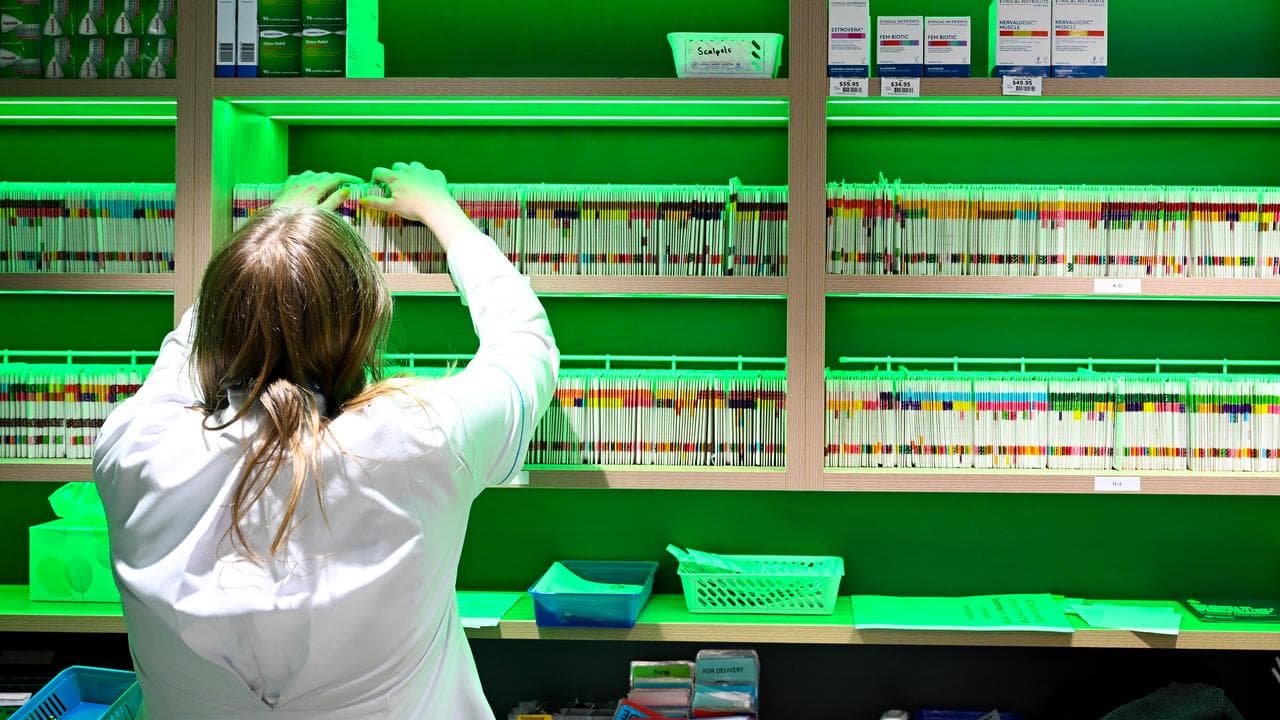
Government-subsidised access to hormone therapy for menopausal women will make a "meaningful difference" to the lives of countless sufferers, experts say.
Three menopausal hormone therapies - Estrogel Pro, Estrogel and Prometrium - will become available through the Pharmaceutical Benefits Scheme (PBS) from March 1.
Currently, more than 100,000 Australian women are paying privately for the medicines that cost around $650 per year.
Under the PBS, eligible patients will pay $7.70 each month if they're pension and concession card holders or $31.60 if they're general patients.

Endocrinology lead at Jeans Hailes Clinic, Sonia Davison, said the subsidy would make "a meaningful difference" to countless women's lives.
“For far too long, menopausal women have had their experiences dismissed and faced barriers to accessing affordable treatment options,” she said.
One in four women experience severe or prolonged menopausal symptoms that affect their quality of life and may require treatment.
“While menopause is a normal and natural part of ageing, it’s important that women realise that the symptoms affecting their quality of life are very treatable,” Dr Davison said.
“Too often, menopause is dismissed as simply hot flushes or moodiness. The reality is that, for some women, the dramatic drop in hormone levels can cause a raft of symptoms that may last for years.”
Menopause, which typically sets in around the age of 51 and can lead to hot flushes, night sweats, sleep deprivation, muscle and joint pain, mood changes and increased irritability, brain fog, and decreased concentration and executive function.
Symptoms often last for around seven years.
The Australian Medical Association highlighted the funding for long-term contraceptives as particularly significant, and the expansion of clinics to encompass menopause and perimenopause.
“This announcement today is a major investment in women’s health and will provide significant relief for women across Australia,” its president Danielle McMullen said.

Pharmacy Guild of Australia national president Trent Twomey said the initiative was a significant step to address gaps in women’s health services.
Assistant Health Minister and former nurse Ged Kearney said it would "shift the dial on an entrenched culture of medical misogyny".
Other promises in a $573.3 million package will be implemented after the upcoming election if Labor secures another term.
They include more pelvic pain clinics and greater Medicare rebates for both menopause health assessments and long-term contraceptive insertion, which can cost hundreds of dollars.
The 2024 parliamentary inquiry into menopause recommended newer forms of therapies be subsidised through the PBS to bolster supply and “ensure appropriate access and lowered costs for all women who need it”.
The opposition has welcomed the move, with health spokeswoman Anne Ruston describing the new funding as an extension of the former coalition government's work on women's health.
Senator Ruston confirmed the coalition would match the funding package but remained concerned it had "never been harder or more expensive" for women in Australia to access primary care.




